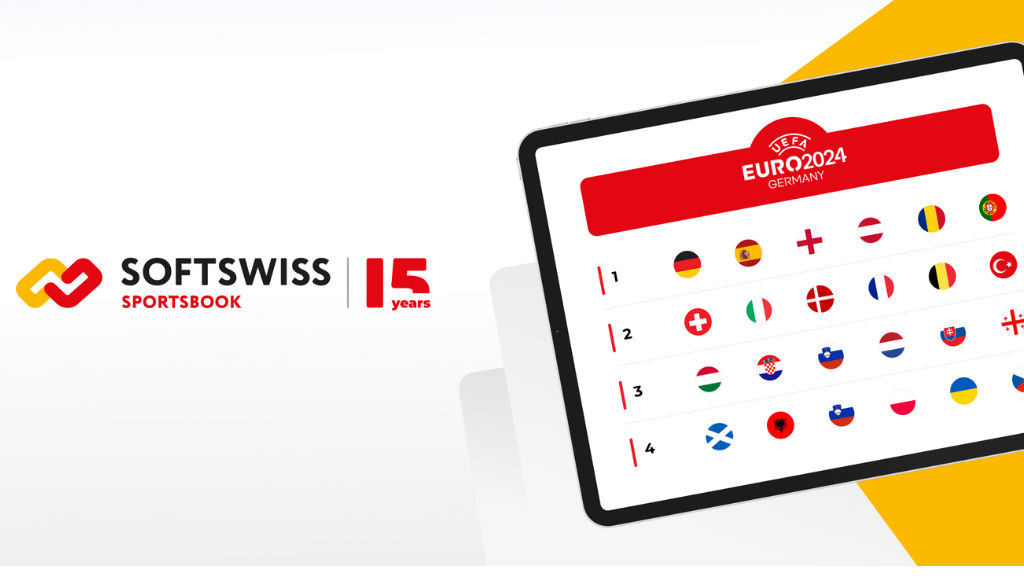- Summits
- EAST EUROPEBudapest02-04 September 2024

- EUROPEValletta11-14 November 2024

- EURASIADubai23-25 February 2025

- AFRICACape Town10-12 March 2025

- AMERICASSão Paulo07-10 April 2025

- ASIAManila01-04 June 2025

- News & Media
- SiGMA News
- Print & Digital
- SiGMA Media
- Directory
- Exhibiting Partners
- SiGMA’s Affiliate Club
- Selling your business?
- Foundation
- M & A Brokerage
- About Us
- Who we are
- How we help
- Let’s connect
The Directorate of Gambling of Spain (DGOJ) has recently adopted all resolutions of the SIGMA programme, marking a significant milestone in Spain’s efforts to combat match-fixing and uphold the integrity of sports. The SIGMA programme, Spain’s new ‘centralised directive’, was drafted in 2022 and launched in the first quarter of this year.
The primary objective of the SIGMA programme is to establish a ‘cooperative network’ to tackle criminal activity and the exposure of Spanish sports to match-fixing. This is achieved through a series of initiatives, including the launch of a whistle-blower portal for the public, athletes, and staff working in Spanish sports and gambling. This portal allows individuals to report incidents of manipulation and fraud to authorities.
In addition to the whistle-blower portal, the SIGMA programme also aims to launch a collaborative network and database for Spanish authorities. This network will enable authorities to review and record incidents and suspicious activities related to sports manipulations.
On Friday, 28 June, DGOJ Director General, Mikel Arana, announced the approval of the union of gambling operators holding individual licenses for horse racing or sports betting in any of its modalities to SIGMA. This move is intended to help form a central research service of betting markets.
As part of this mandate, all DGOJ-licensed operators are required to ensure that the SIGMA whistle-blower portal is made available to staff, as a duty of licence. Furthermore, SIGMA duties and procedures will be added to Spanish gambling licences. This means that operators must report irregular or suspicious sports bets immediately to authorities working on the SIGMA programme.
Impact of SIGMA on Spanish gambling and fight against match-fixing
The DGOJ has become a guarantor of the SIGMA programme, alongside Spain’s Higher Sports Council, Royal Spanish Football Federation (RFEF), La Liga, the Royal Spanish Tennis Federation (RFET), the Association of Professional Footballers (AFE), the National Police, Civil Guard (federal police), and Ertzaintza (Basque autonomous police).
Arana stated: “With this resolution, the Directorate General takes a further step in its commitment to the fight against corruption linked to the manipulation of sports competitions and the often-resulting fraud in betting on such events.”
The month of June concluded with the DGOJ hosting the ‘Plenary Session of the Gaming Policy Council’. This meeting of federal and autonomous stakeholders focused on the design and implementation of new centralised controls and systems sought by the approved “Royal Decree on Responsible Gaming Environments.” New controls sought include a centralised player registry, new record-keeping duties for player accounts under 25, and a cross-operator deposit limit to be applied to DGOJ licences.
The meeting introduced Spanish stakeholders to Andrés Urbiola, a ‘dedicated minister’ assigned by the Ministry of Consumer Affairs to oversee Spanish gambling federal reforms. The appointment of a dedicated minister to oversee gambling reforms had been requested by Pablo Bustinduy, Spain’s Minister of Consumer Affairs and Social Rights, in order to move forward with changes.
Bustinduy mentioned the importance of federal gambling reforms which need to be tied in with Spain’s new ‘Action Plan on Combatting Addiction’ that will be launched in 2025. This comprehensive plan aims to address various forms of addiction, including gambling, and is expected to bring about significant changes in Spain’s approach to addiction prevention and treatment.
SiGMA East Europe Summit powered by Soft2Bet, will take place in Budapest from 2-4 September 2024.
Recommended for you























